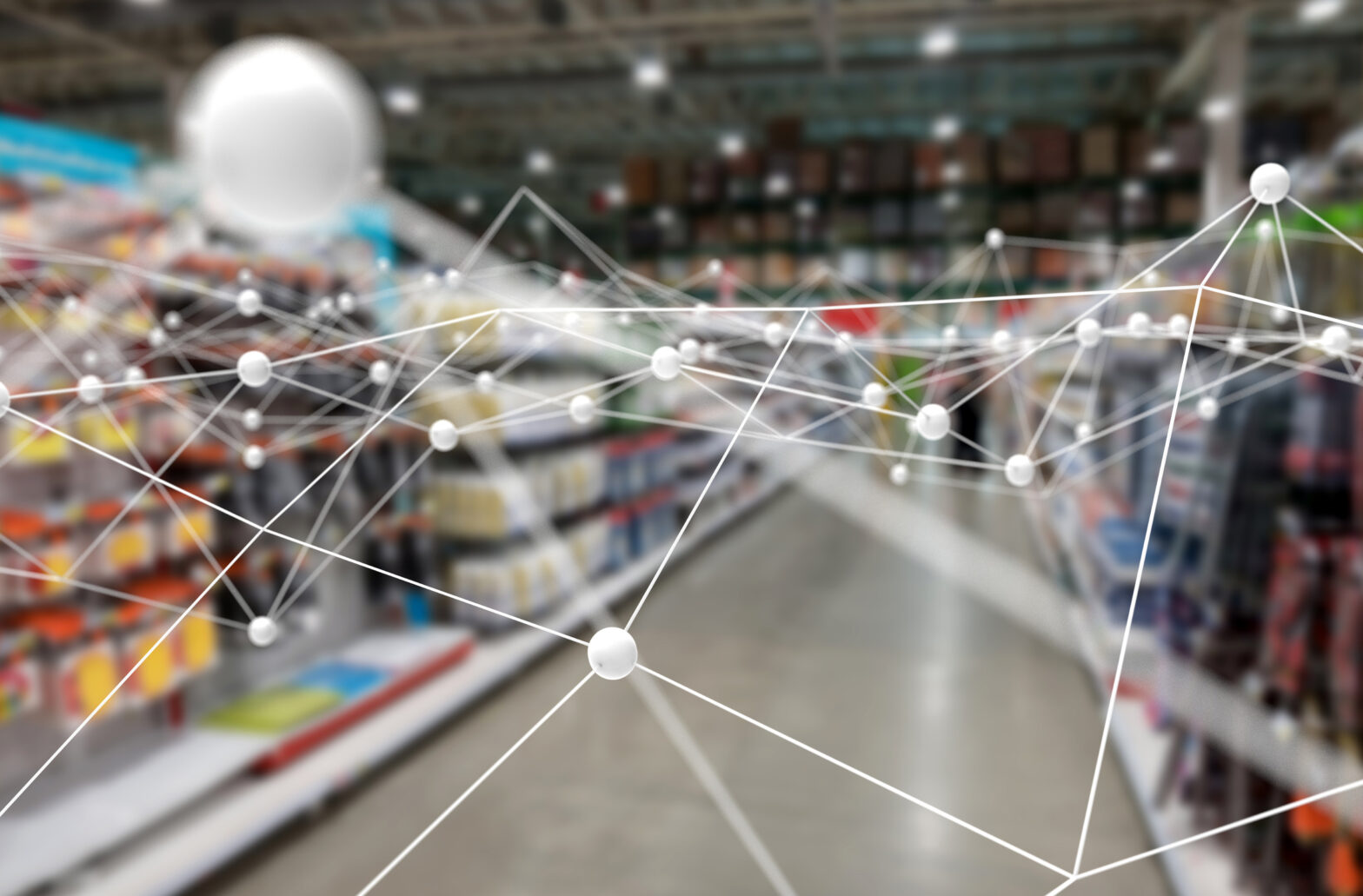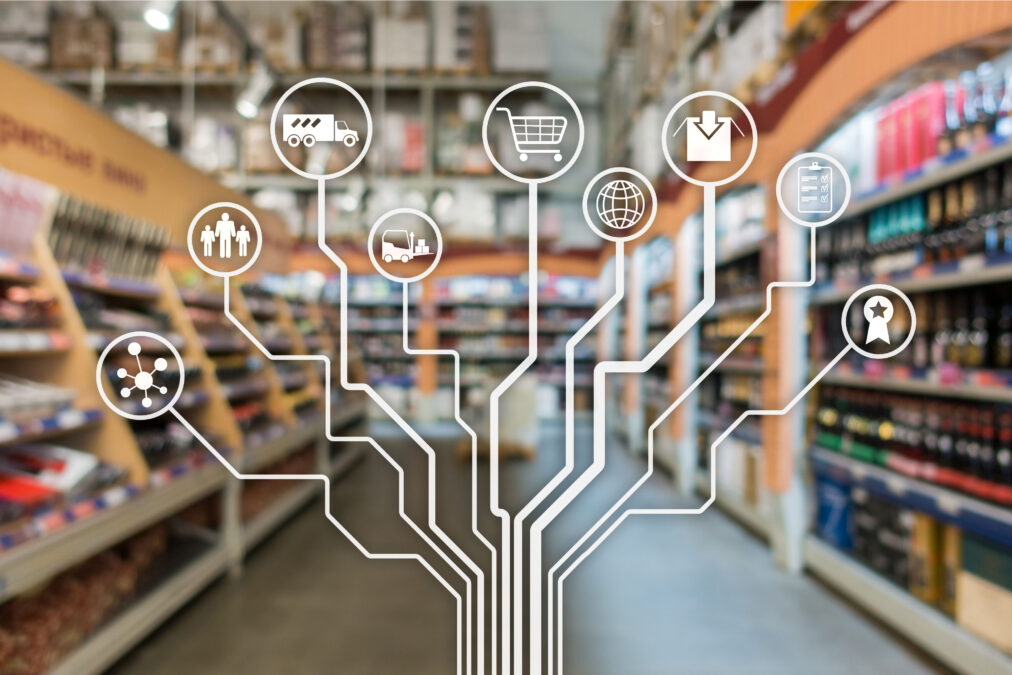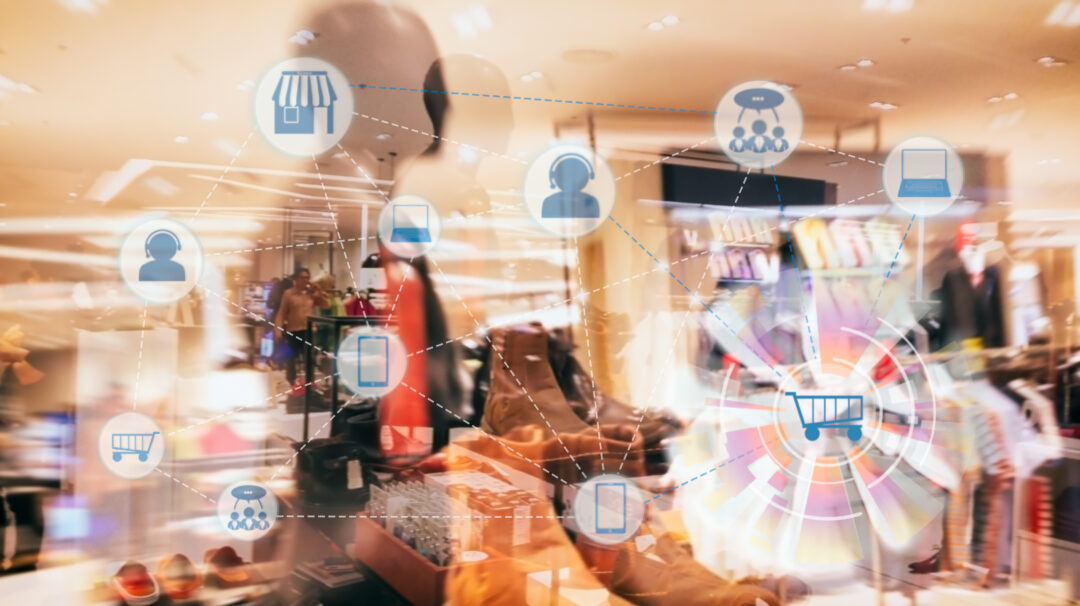Many retailers are scared of machine learning. This doesn’t come from an unreasonable place. Marketers are afraid to trust technology to assist in making crucial marketing decisions as well.
But while machine learning is certainly a game-changer, it doesn’t fundamentally alter how businesses communicate with customers. It only better informs marketing decisions to empower smarter and more effective efforts.
With this in mind, it’s important to know how exactly machine learning can support marketing efforts.
Data is nothing without actionable insights. There are several ways retailers can easily use machine learning to drive sales and make better business decisions, whether they realise it or not.
Personalised promotions that make individual shoppers take action
Before machine learning, retailers were forced to target customers with broad strokes based on demographic information like age, gender and purchase history.
These factors alone don’t paint a complete picture of an individual, and they can’t provide an accurate strategy for marketing either. This means retailers waste money and effort relying on these basic insights.
>See also: Using AI to transform e-commerce
With machine learning, retailers can determine why customers shop the way they do, and what will make them purchase again.
Here’s an example:
A shopper recently purchased expensive shoes from a retailer. This retailer, knowing the shopper’s gender and age, could target this customer with more shoe options. But not every customer purchases high-end shoes frequently, and additional promotions after a purchase might annoy the shopper. Also, the retailer must consider that the shopper may have bought the shoes as a gift, and wouldn’t otherwise have purchased them.
With machine learning, retailers can go one step further and take into account other shopper behaviour, like typical price range, brand loyalty or preferred style, to more accurately assess motivations and appropriately target consumers.
Retailers must constantly adapt pricing and promotion strategies, but often swing and miss because they make decisions that aren’t supported by solid data analysis.
AI-based analytics allows retailers to make better decisions and offer the right prices, at the right time, to the right customer.
Let’s look at the shoe example again. The customer might not ever buy luxury shoes at full price, only purchasing at a sale price. Machine learning cannot only determine what promotion is optimal for the shopper to make another purchase, but also when the promotion should be offered (when the customer is ready to buy new shoes).
>See also: 6 ways online shopping is transforming the retail landscape
Or, instead of promoting more shoes immediately after the customer makes a shoe purchase, this retailer could promote other accessories (such as handbags or jackets) that fit this customer’s price range or style, derived from patterns picked up from machine learning technology.
Data-backed product launching strategies
Pricing and promotional strategies can be even more complicated when launching new private label products or product categories. It’s a difficult process that requires the right metrics to guide decisions.
Machine learning uses predictive models that identify the best possible steps to take when launching products, including pricing and promotional strategies.
The same retailer launching a new line of boots could base its pricing strategy on competitor data, but this is often a misguided attempt that doesn’t take into account how customers behave differently based on brand or product.
>See also: A glimpse in to the future of retail
Retailers risk aiming too high and losing sales, or setting prices too low and losing profits. Machine learning analyses customer data down to the smallest detail to determine the ideal price point for new products, eliminating possibilities of human error in the process.
With these powerful tools in mind, it should be scarier for retailers to attempt to guide their marketing decisions without using machine learning technology.
Ultimately, customers expect highly specific, personalised communications from retailers that aren’t possible without AI-supported data analysis.
While machine learning platforms can be costly upfront, they quickly pay for themselves through the greater business efficiencies that follow such as reduced speed to market.
Since retailers must eventually get on board with machine learning to stay competitive, it’s wise to do it sooner rather than later.
Sourced by Kerry Liu, CEO of Rubikloud










